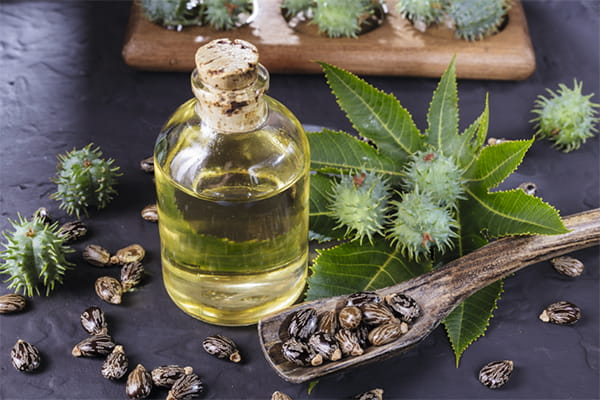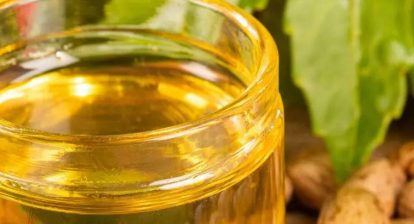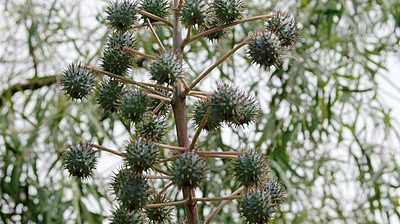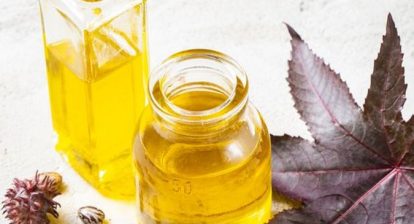A new study portrays the synthesis, characterisation and coating properties of alkyd-urethane resins based on castor oil.


Image source: Alexander Ruiz – stock.adobe.com (symbol image).
Castor oil (CO) and dehydrated castor oil (DCO) were used for the synthesis of new alkyd-urethane resins via a two-stage process. The cured films from both alkyd-urethane resins exhibited similar hardness, adhesion, chemical and water resistance, and gloss. Gouge hardness and scratch hardness were 3H and 4H, respectively. The adhesion of both films was good. Cured films were resistant to water, xylene and H2SO4, but they were slightly affected by NaOH and strongly affected by acetone. The films exhibited significantly high gloss values (120.1 at 60°), associated with the urethane linkages.
Cured films stable up to 220 °C
DCO resin showed lower drying times than those of CO resin and the addition of dryers diminished these times, indicating a strong contribution of double bonds on the drying. Acetone as solvent further improved the drying times due to a better mobility of the molecules. Drying times significantly decreased by increasing the drying temperature from 25 to 100 °C. TGA indicated that the cured films were stable up to 220 °C.
The study has been published in Progress in Organic Coatings, Volume 180, July 2023.
Reading tip
The EC Tech Report Bio-based Coatings is a hand-picked compilation of all the key aspects concerning bio-based coatings, offering the latest technical developments. Leading R&D experts present their various binder developments, how binders can be produced sustainably and also how the performance of your coatings can be optimised. Exclusive market insights and data as well as an impressive package of digital bonus material round off this Tech Report.
Hersteller zu diesem Thema






